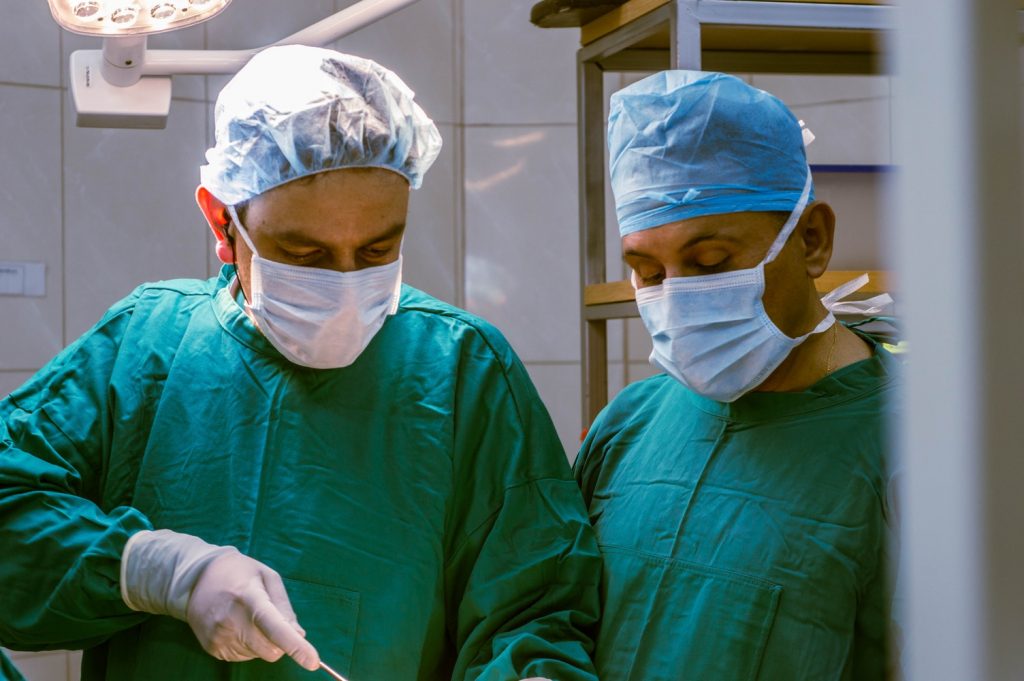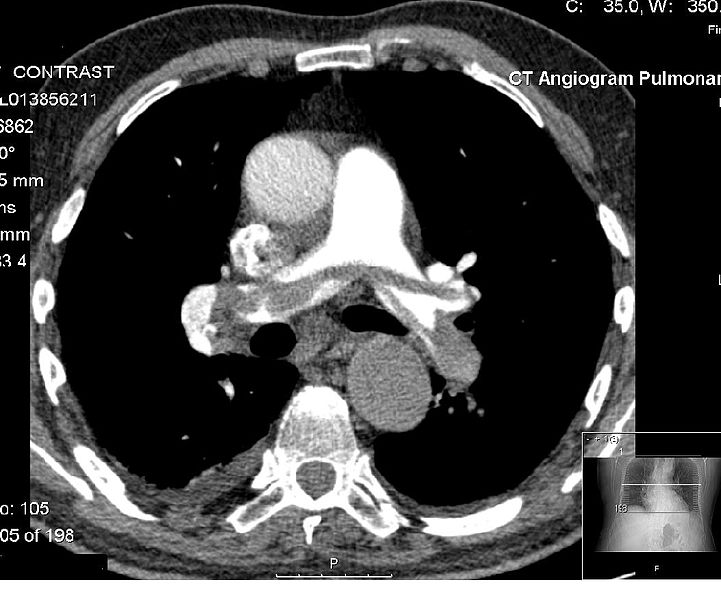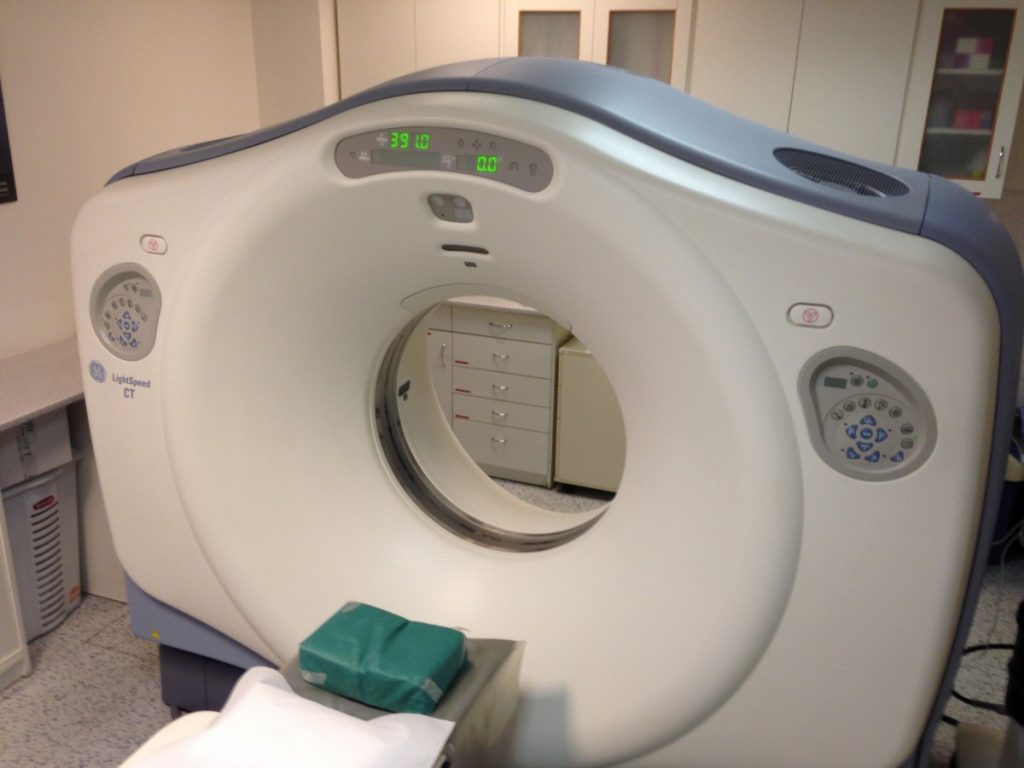Patients diagnosed with pulmonary embolism (blood clot in the lung) or deep vein thrombosis (blood clot in a leg vein) are at risk for these blood clots to reoccur. Anticoagulant (blood-thinning) drugs are normally given immediately after the clot is discovered and are continued for a period of 3 or 6 months during which time the risk for recurrence is highest. Research has shown that when oral anticoagulants are used appropriately during this period, patients are less at risk for a recurrent blood clot and this risk reduction outweighs the potential for bleeding to occur.
Patients diagnosed with pulmonary embolism (blood clot in the lung) or deep vein thrombosis (blood clot in a leg vein) are at risk for these blood clots to reoccur. Anticoagulant (blood-thinning) drugs are normally given immediately after the clot is discovered and are continued for a period of 3 or 6 months during which time the risk for recurrence is highest. Research has shown that when oral anticoagulants are used appropriately during this period, patients are less at risk for a recurrent blood clot and this risk reduction outweighs the potential for bleeding to occur. In this study, patients who had a blood clot in the lung or in a leg vein and completed 6 months of treatment with daily oral vitamin K antagonists (acenocoumarol or warfarin) or once-weekly injections of SanOrg34006 (a new anticoagulant drug) will receive an additional 6 months of once-weekly SanOrg34006 injections or injections of a solution containing no drug (placebo). This trial will evaluate whether patients treated for an additional 6 months with SanOrg34006 have fewer recurrences of blood clots when compared to patients treated with placebo. Assignment to either SanOrg34006 or placebo will be purely by chance. Neither the patients nor their doctors will know which treatment is being given. Condition: – Pulmonary Embolism- Deep Vein Thrombosis Study Type: InterventionalStudy Design: Randomized, Double-Blind, Safety/Efficacy Study Official Title: The Van Gogh-extension trial, A multicenter, international, randomized, double-blind, study comparing the efficacy and safety of once-weekly subcutaneous SanOrg34006 with placebo in the long-term prevention of symptomatic venous thromboembolism in patients with symptomatic pulmonary embolism or deep-vein thrombosis who completed 6 months of treatment with vitamin K antagonist or SanOrg34006. Eligibility Ages Eligible for Study: 18 Years and above, Genders Eligible for Study: Both Criteria Inclusion Criteria:Patients with confirmed symptomatic Pulmonary Embolism (PE) or Deep Vein Thrombosis (DVT) who have been treated with acenocoumarol, warfarin or SanOrg34006 for six months Written informed consent Exclusion Criteria:Legal age limitations (country specific) Indication for anticoagulation other than PE or DVT Creatinine clearance (CLcr) <10 mL/min, severe hepatic disease, or bacterial endocarditis Participation in a pharmacotherapeutic study other than the Van Gogh-PE or DVT study within the prior 30 days Life expectancy <3 months Patients in whom anticoagulation treatment for their index PE or DVT should be continued beyond 6 months Active bleeding or high risk for bleeding Uncontrolled hypertension: systolic blood pressure >180 mm Hg and diastolic blood pressure > 110 mm Hg Pregnancy, or childbearing potential without proper contraceptive measures [1] Box Hill, Clayton, Coffs Harbour, Kogarah, Redcliffe, Australia; Recruiting [2] St. Leonards, South Australia, Australia; Recruiting [3] Ringwood East, Australia; Recruiting
All content and media on the HealthEngine Blog is created and published online for informational purposes only. It is not intended to be a substitute for professional medical advice and should not be relied on as health or personal advice. Always seek the guidance of your doctor or other qualified health professional with any questions you may have regarding your health or a medical condition. Never disregard the advice of a medical professional, or delay in seeking it because of something you have read on this Website. If you think you may have a medical emergency, call your doctor, go to the nearest hospital emergency department, or call the emergency services immediately.







